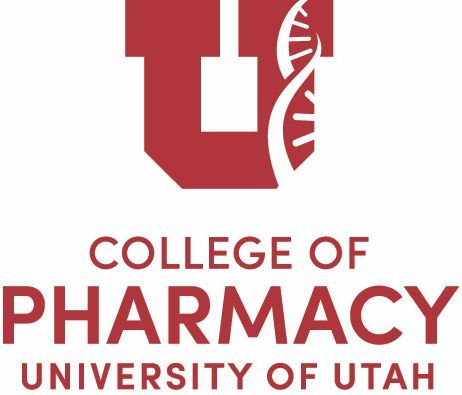Title: Relational Leadership Initiative: Assessing Implementation and Learning Outcomes of an Interprofessional, Cross-Generational Collaborative
Objective:
Determine the effects of the Relational Leadership Initiative (RLI) on participants’ sense of well-being and psychological sense of community.
Methods:
The Relational Leadership Initiative is an interprofessional, cross-generational learning collaborative at the University of Utah focused on enhancing self-awareness, teamwork, coaching and leading change. The three-month curriculum is delivered through large group didactics, small group activities, and self-reflection. Cohort participants complete the Well-Being Index (WBI) and the Psychological Sense of Community (PSOC) instruments at baseline, immediately post-course, and six-months post-course completion to assess multiple dimensions of distress and includes questions about satisfaction with work-life integration and meaning in work.
Results:
The Fall 2019 and Spring 2020 RLI Cohorts consisted of 47 participants aged 24-58 years old with the majority being Caucasian (80%) and female (78%) from a variety of professions and backgrounds including nursing, pharmacy, medicine, health sciences research and administration. Of the total cohorts, 44 participants completed both surveys at baseline and 13 completed both surveys immediately after the course.
For both cohort, the overall averages for baseline to post-course evaluations of the WBI survey indicates a 35.5% reduction in burnout from work, 27.5% reduction in worrying that work is hardening participants emotionally, and 26% reduction in feeling depressed/hopeless. The baseline to 6-month post-course evaluation of the WBI survey indicates a 15.5% reduction in burnout from work and 24% reduction in worrying that work is hardening participants emotionally. Program features that were rated as most impactful by attendees include: psychological safety and trust created, sense of community created in small groups, opportunity for individual and group reflection, and trainers and facilitators modeling vulnerability and program skills.
Conclusion:
RLI improved well-being and sense of community scores for the cohort of attendees. Continued assessment is needed to determine the long-term impact of RLI participation on participants.
Recommend0 recommendationsPublished in College of Pharmacy, Virtual Poster Session Spring 2021



Responses
Nice job, Simi! Very needed information in these challenging times. What was one thing you learned during this project that you think will be most helpful to you in the future?
Do you know if RLI has been used with healthcare employees at the U, or has it mostly been used with students so far? If it has, is there any data similar to yours for them? (You might want to try uploading a higher res image of the poster too. You should be able to update your post if you are signed in.) Thanks!
Simi – why do you think the attendees were predominantly female? Very interesting.
Appears RLI is a valuable initiative. Thanks.
Hi Simi! Great research idea! Do you think your results would have provided other trends if we were in a non-COVID environment? So many outliers that may be difficult to identify. I really liked your poster with good balance of text and graphics; easy to comprehend various sections of the poster. Thank you for sharing your research! Congrats on the residency! 🙂
Comments are closed.